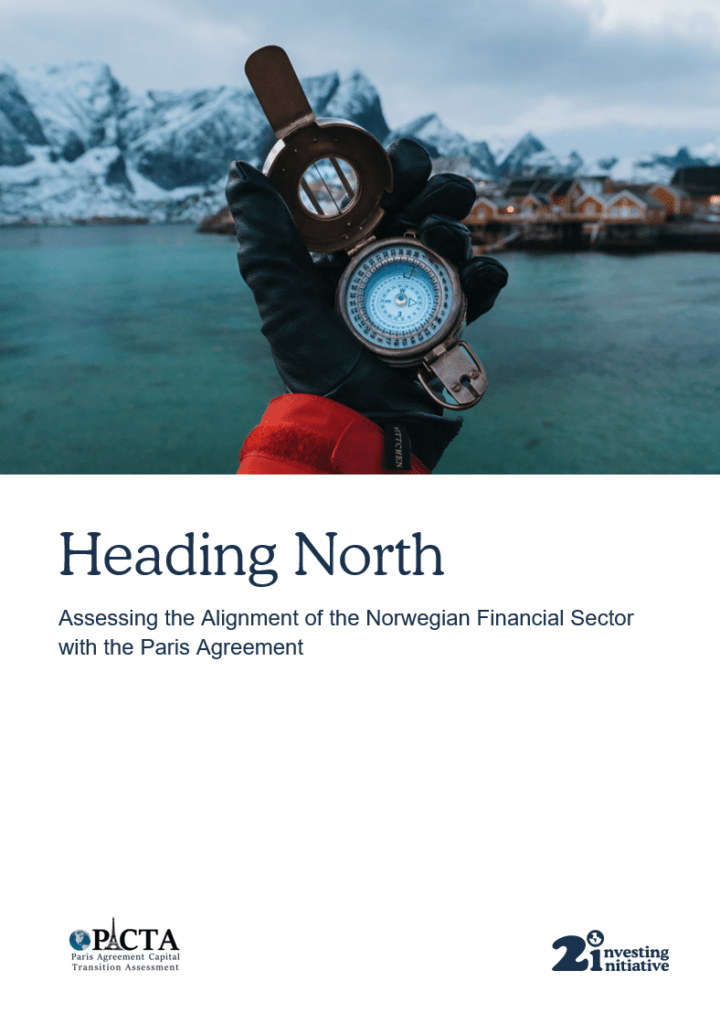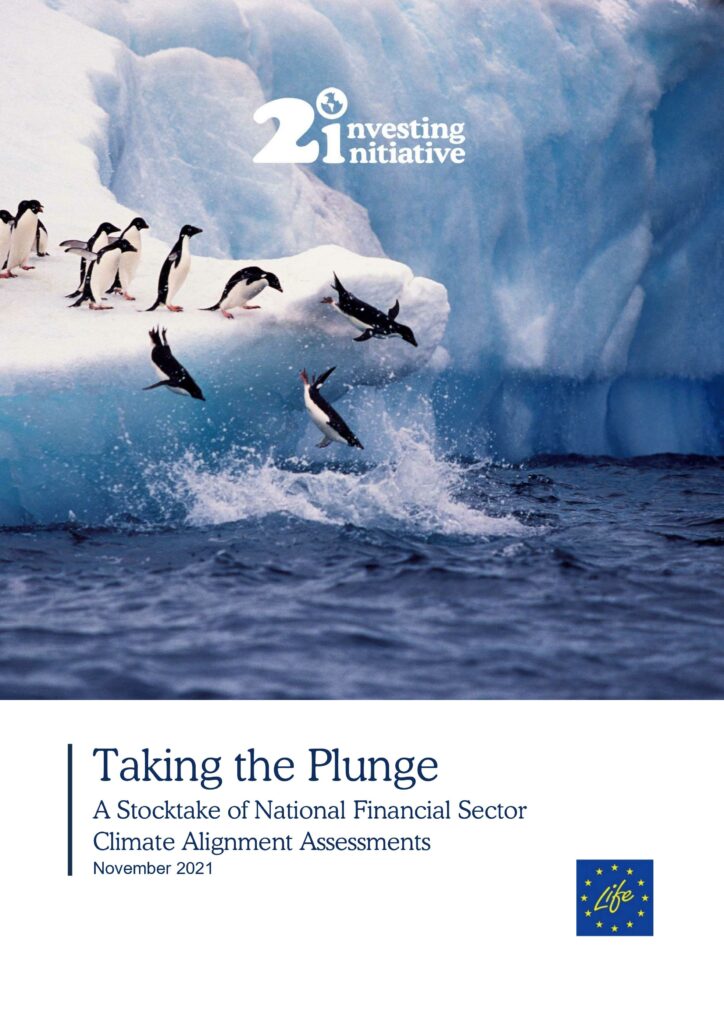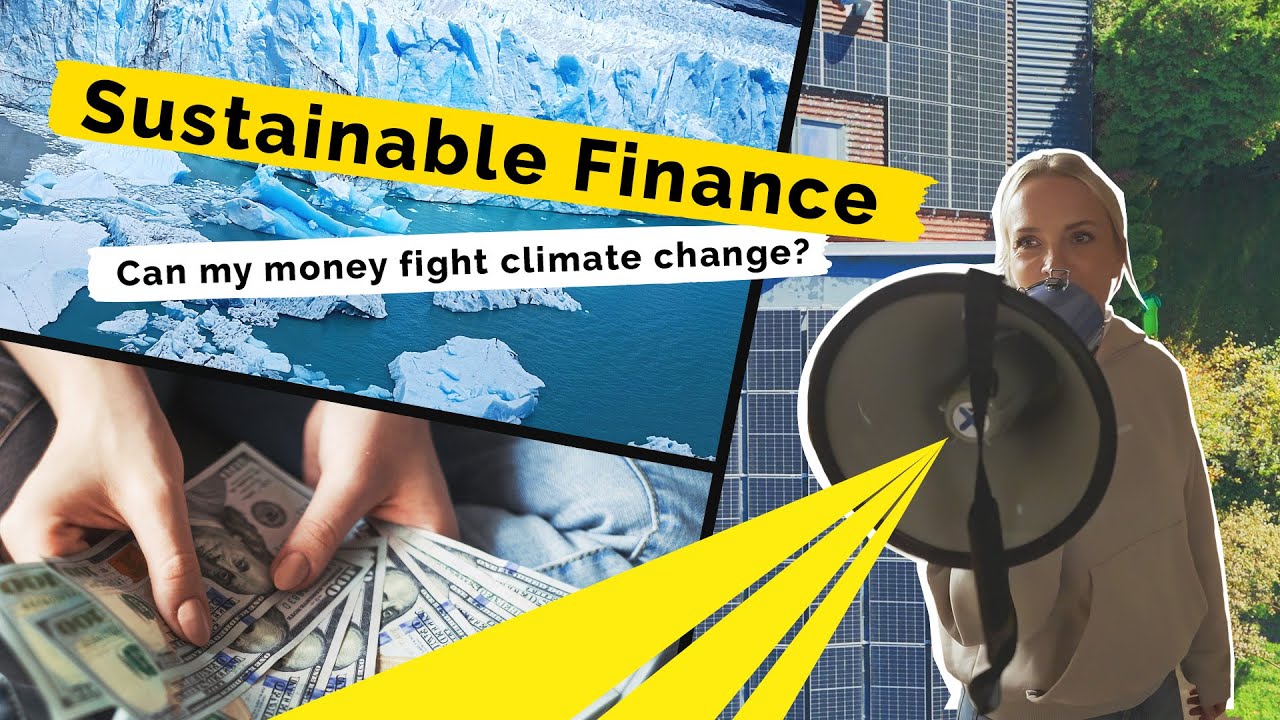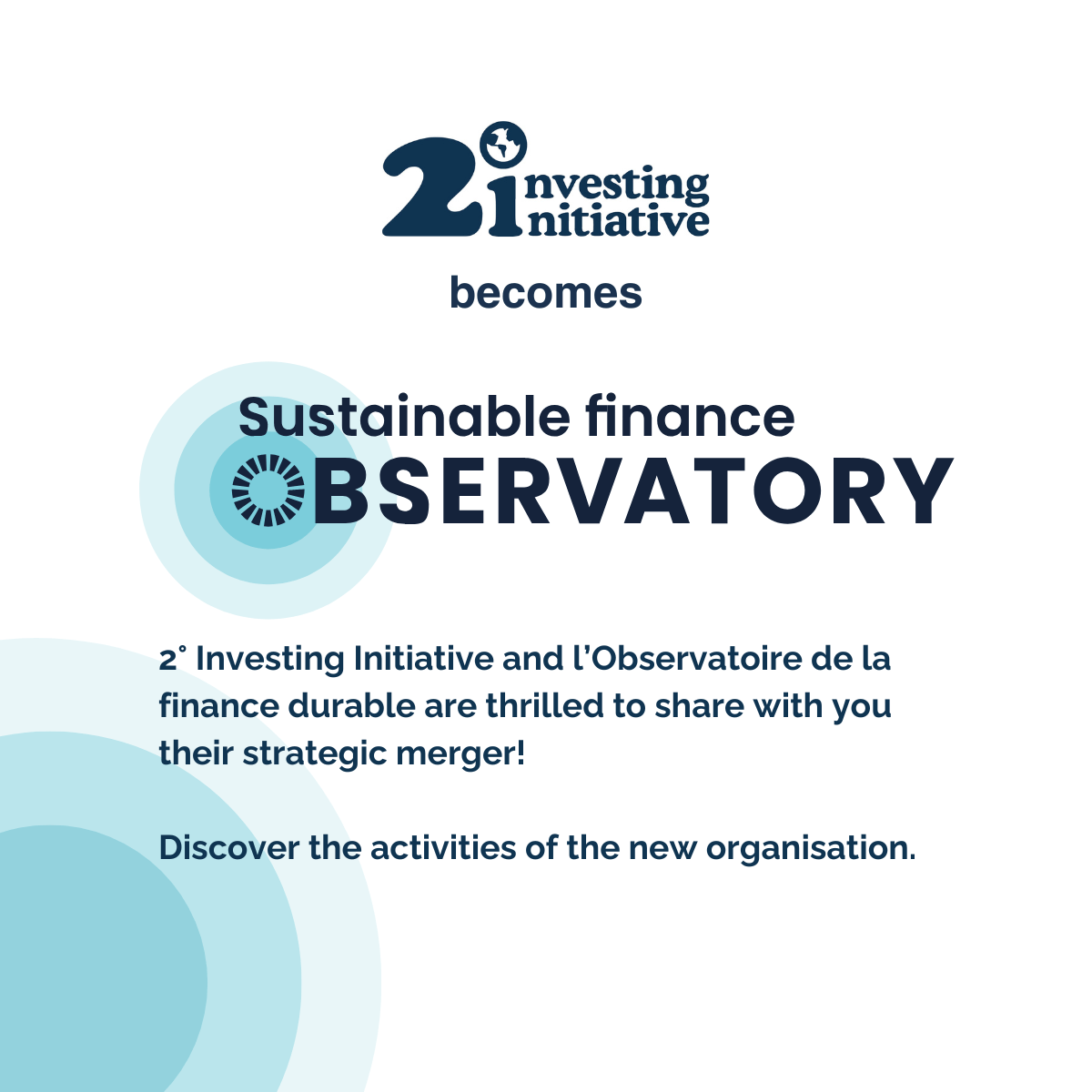Indeed, the IPCCC has calculated that it’s increasingly important to not only look assess progress on aligning with climate goals in the long-term but also in the next decade. This is why non-profit think tank 2° Investing Initiative (2DII), together with the Norwegian Ministry of Finance and the Ministry of Climate and the Environment, assessed the 5-year forward looking alignment of the Norwegian financial sector. The report is the latest results of the PACTA Coordinated Projects (PACTA COP), in which Sustainable Finance Observatory (formerly 2DII) works with governments, supervisors, and industry associations around the globe to measure the alignment of financial flows with climate objectives.
This study covered 41 Norwegian financial institutions with approximately NOK 1,880.60 ($220.50 billion) in assets, representing 70-90% of the overall financial sector. We found that many of the participating institutions haven’t aligned their investments with the Paris Agreement goals, though some are beginning to head in the right direction. Below is a snapshot of their current exposures as well the 5-year forward looking alignment assessment.
The analysis of current exposures shows that:
- Norwegian financial institutions are less exposed to climate-relevant sectors than financial institutions in countries like Switzerland, Liechtenstein, and Austria, where PACTA coordinated projects also took place.
- Norwegian institutions have a higher share of their investments (exposure) in the power sector allocated to low-carbon technologies (hydropower and other renewables) when compared to the global market and other countries like Switzerland, Liechtenstein, and Austria. The exposure to oil and gas extraction is lower than the other countries mentioned and the exposure to coal mining is very small.
- While Norway has established strong incentives for electric vehicle purchases, the financial sector is still overinvested in internal combustion engine (ICE) vehicles.
The analysis of the 5-year forward-looking production plans of investee companies reveals that:
- Investee oil companies are not set to meet the Sustainable Development Scenario (SDS, 1.65C Implied Temperature Rating) of the International Energy Agency, although investments in gas production by investee companies will decrease considerably in the next five years – in line with the SDS and better than global market projections
- The build-out of renewable and hydropower capacity by investee companies is largely insufficient to meet the IEA’s Sustainable Development Scenario.
- Investee auto manufacturers are scaling up electric car production in line with the Paris Agreement, but are not scaling down ICE car production quickly enough, with significant misalignment on that front.
More on PACTA Coordinated Projects
PACTA COP is a dedicated program in which Sustainable Finance Observatory (formerly 2DII) works with governments, supervisors, and industry associations to assess national financial sector alignment with climate goals. Results can be used by governments, supervisors, and participating financial institutions to understand their alignment with climate objectives; to measure their exposure to climate-related risks; and to inform their climate action strategies.
Since the Paris Agreement, nationally coordinated assessments have taken place or are ongoing in more than a dozen countries as well as at EU level. As of the end of 2021, Sustainable Finance Observatory (formerly 2DII) has studied over 20,000 financial institutions across 15+ countries and assets worth more than €10 trillion in total. Learn more here.
About our funders: This project has received funding from the European Union’s Life NGO Program under grant numbers LIFE19/NGO/SGA/DE/100040 and the LIFE20/NGO/SGA/DE/200040. Further development of the methodology as well as the application of the model to the Norwegian financial market was funded by the Royal Norwegian Ministry of Climate and Environment and the Norwegian Ministry of Finance.
Disclaimer: This report only reflects the views of the authors, and the funders are not responsible for any use that may be made of the information it contains.








